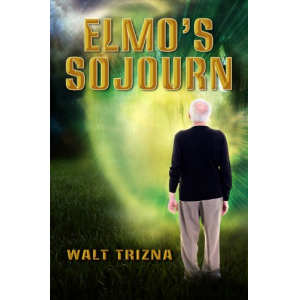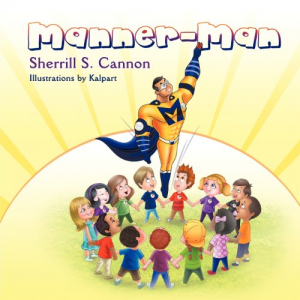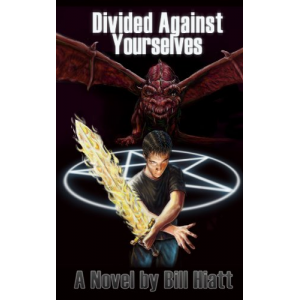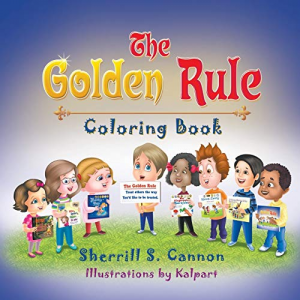- Author
- Book
- Story behind the book
- Media Links
- Reviews
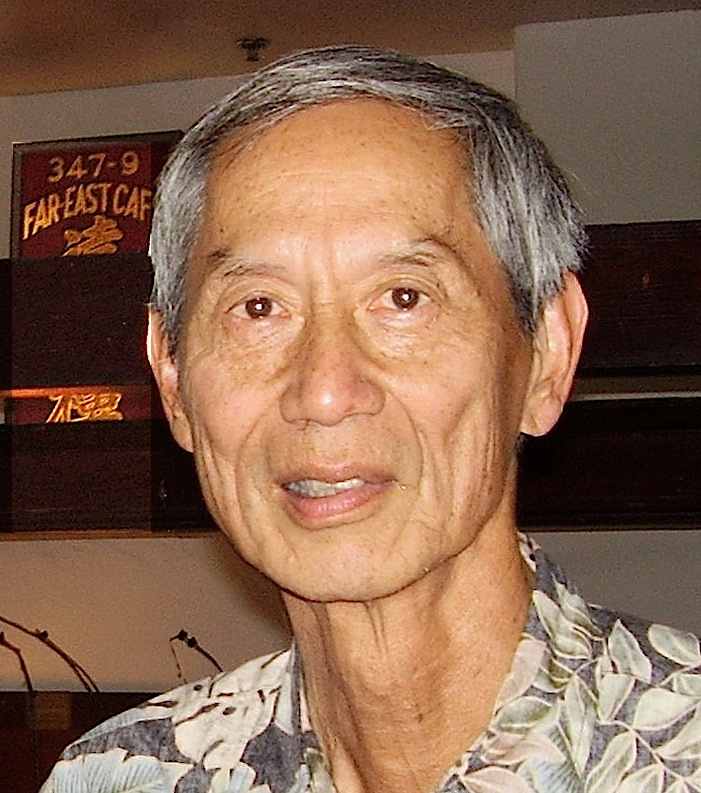
John Jung
About
After a 40 year career as a Professor of Psychology, I pondered a question that I had avoided many times, namely, how did I, as a second-generation Chinese American fit in a black and white society in Macon, Georgia where we were the only Chinese in the entire city from the late '20s to early '50s when Jim Crow segregation was yet to be challenged. My attempt to understand how my ethnic identity emerged to my memoir, Southern Fried Rice: Life in A Chinese Laundry in the Deep South. I soon realized from responses of readers and audiences when I gave book talks/signings all over the U. S. that here was an important story to preserve and share. I met other Chinese that also grew up in cultural isolation where they were the only Chinese in their communities and/or they also grew up helping in their parents' laundry, restaurant, or grocery store.
I was inspired to write three additional books, all exploring how Chinese immigrants from the late 1800s until beyond the middle of the past century managed to overcome the hostile societal prejudices against Chinese and other "Orientals" and succeed running family businesses such as laundries, grocery stores, and restaurants.
Writing and speaking about these 4 books led to many important but unanticipated discoveries and contacts with other Chinese Americans. In my fifth book, A Chinese American Odyssey: How a Retired Psychologist Makes a Hit as a Historian, I describe these experiences and discuss some important things I learned about writing, researching, publishing, and publicizing my books.
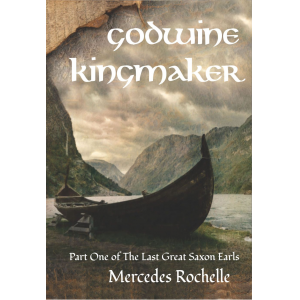
Godwine Kingmaker: Part One of The Last Great Saxon Earls
Description
<p><span><span>Harold Godwineson, the Last Anglo-Saxon King, owed everything to his father. Who was this Godwine, first Earl of Wessex and known as the Kingmaker? Was he an unscrupulous schemer, using King and Witan to gain power? Or was he the greatest of all Saxon Earls, protector of the English against the hated Normans? The answer depends on who you ask. He was befriended by the Danes, raised up by Canute the Great, given an Earldom and a wife from the highest Danish ranks. He sired nine children, among them four Earls, a Queen and a future King. Along with his power came a struggle to keep his enemies at bay, and Godwine's best efforts were brought down by the misdeeds of his eldest son Swegn. Although he became father-in-law to a reluctant Edward the Confessor, his fortunes dwindled as the Normans gained prominence at court. Driven into exile, Godwine regathered his forces and came back even stronger, only to discover that his second son Harold was destined to surpass him in renown and glory.</span></span></p>
Story Behind The Book
Southern Fried Rice is a memoir that conveys the experiences, first of my parents and subsequently of our family, the only Chinese people living in Macon, Georgia between 1928 and 1956 during the Jim Crow era of segregation. It describes our family's isolated existence running a laundry, enduring loneliness as well as racial prejudice for over 20 years, why and how it moved to San Francisco to live in a Chinese community, and how each family member adjusted to the challenges and opportunities of their new lives.
Media Links
Reviews
<p><span style="font-family:verdana, arial, helvetica, sans-serif;font-size:small;line-height:normal;"><strong>Praise from Some Scholars</strong> </span></p> <div><span style="font-family:verdana, arial, helvetica, sans-serif;font-size:small;line-height:normal;">"John Jung provides an insightful account of himself and his family in the context of Chinese immigrants who lived in the American South during the 1940s and 1950s. The unique experiences and struggles of his family members serve both to confirm some principles from social science research on Chinese in America as well as to remind us of the importance of individual differences, yielding meaningfulness and substance to issues of culture, race relations, immigration, and identity development. This engaging, candid, and often humorous and heartwarming book is an important contribution not only to the fields of psychology, sociology, and history but also to literature. Social scientists and students alike will find the book immensely fascinating and satisfying." <br /><strong>Stanley Sue. Distinguished Professor, Psychology and Asian American Studies, University of California, Davis </strong><br /><br /> "A charming and engrossing self-ethnography. More importantly, John Jung's book enhances the archive on Asians in the South as well as our understanding of how Jim Crow situated the Chinese between `white' and `colored.'" <br /><strong>Leslie Bow, English and Asian American Studies (Director) University of Wisconsin </strong><br /><br /> "In Southern Fried Rice, John Jung offers an intriguing and unique perspective on American immigration. Based on his experience as a child in the only Chinese family in Macon, Georgia in the mid-20th century, Jung's story is a fascinating account of the negotiation of personal and ethnic identity in a foreign environment. His narrative highlights many of the features of the larger society, including both government policy and situational practice, that shape the lives of immigrants, both then and now." <br /><strong>Kay Deaux, Distinguished Professor, Psychology, City University of New York Graduate Center, Author, "To Be An Immigrant</strong>" <br /><br /> John Jung's delightful book opens a window providing a glimpse into the lives of one family born to Chinese immigrants in a small town in the South in the 1930s and 1940s. Being the only Chinese in town in a segregated society, their lives were certainly not mint julep and magnolias...The author sees his upbringing and that of his siblings, as the challenging task of accommodating two wolds and, being more Chinese than not. <br /><strong>Sylvia Sun Minnick, Author, Samfow, The San Joaquin Chinese Experience </strong><br /><br /><strong>WHAT READERS LOVE ABOUT SOUTHERN FRIED RICE</strong></span></div> <div><span style="font-family:verdana, arial, helvetica, sans-serif;font-size:small;line-height:normal;">Your book is a joy to read. It has a beautiful flow to it and an enriching quality that is easier to feel than it is to describe. Couched in humor, it deals with the painful and serious matter of day-to-day struggles of existence of a couple who came here with hardly anything more than faith in their hearts and steel in their spines. </span></div> <p> </p> <p><span style="font-family:verdana, arial, helvetica, sans-serif;font-size:small;line-height:normal;"><strong>Krishan Saxena, Kensington, Ca.</strong><br /><br /> Your book is the one that I had promised myself that I would write one day, but you went ahead and wrote it. You did a wonderful job! <br /><strong>Henry Tom, Frederick, Maryland </strong><br /><br /> Thank you for telling your story in such an engaging manner. While your story is personal it is also universal because of its working class foundation laced with layers of Chinese ethnicity, family structure and dynamics, and the specificity of the South. <br /><strong>Flo Oy Wong, Artist, Sunnyvale, California </strong><br /><br /> Enjoyed very much reading your family history revealing a unique experience yet sharing many of the same problems of families in Chinese laundries. Yours is one of the few written accounts of the many family-run laundries in the U. S. Thank you for the careful documentation of this history, which would be otherwise forgotten.<br /><strong>Tunney Lee, Boston, Massachusetts </strong><br /><br /> "Southern Fried Rice" is a well-written and factually documented memoir that gave me insight into the lives of Chinese in the South, especially those living where there were no other Chinese, as you did in Macon. Your move to San Francisco must have been as much of a cultural shock for you as it was for me, an African American moving to the Bay Area from Memphis. </span></p> <p> </p> <div><span style="font-family:verdana, arial, helvetica, sans-serif;font-size:small;line-height:normal;"><strong>Leatha Ruppert, Cotati, Californi<span style="font-weight:normal;">a </span> </strong></span></div> <div> </div>
